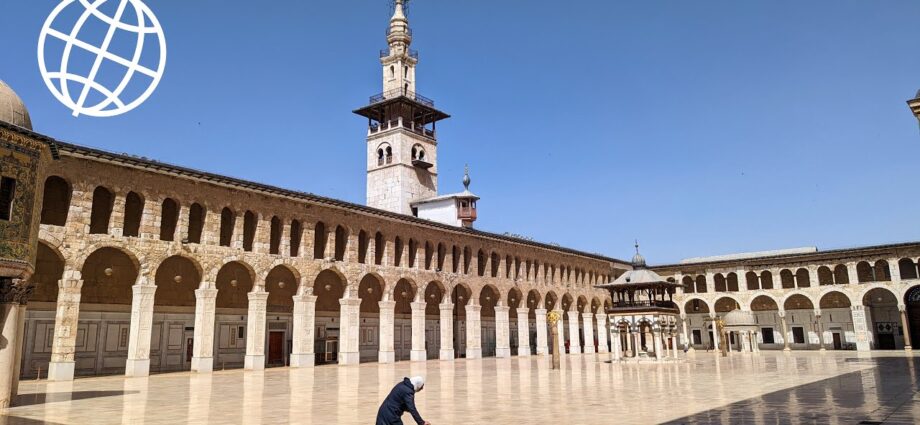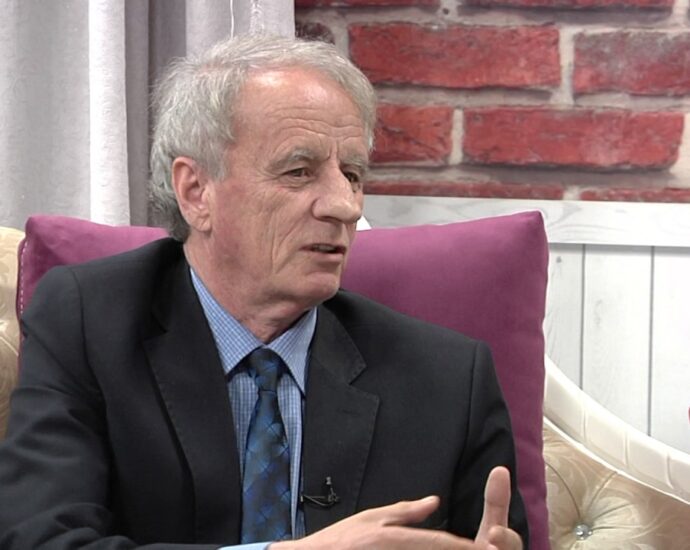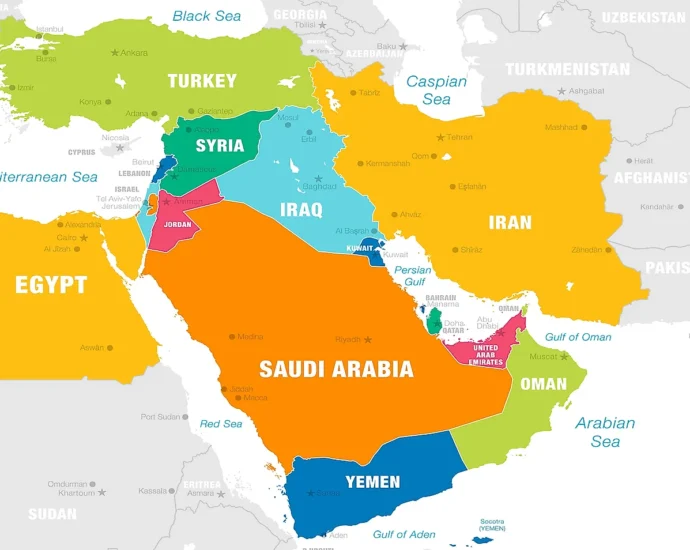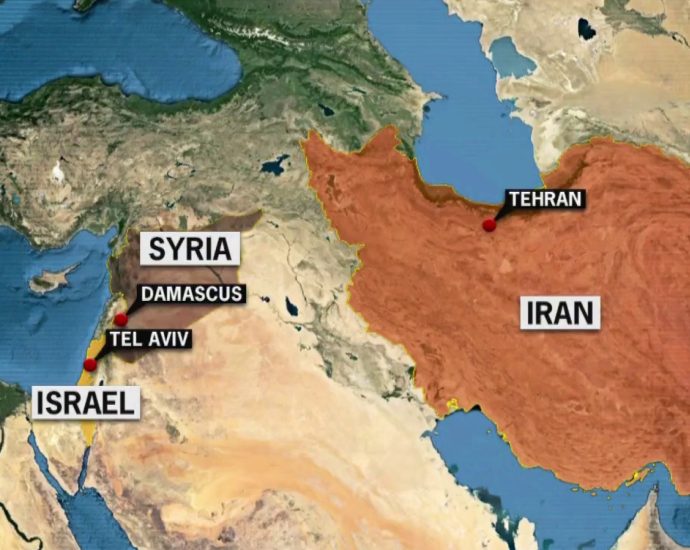Pas rënies së regjimit të Asadit- Damasku dhe historia e qytetit
I themeluar në mijëvjeçarin e 3-të p.e.s., Damasku, Siria është një nga qytetet më të vjetra në Lindjen e Mesme. Në mesjetë, ajo ishte qendra e një industrie të lulëzuar artizanale, e specializuar në shpata dhe dantella. Qyteti ka rreth 125 monumente nga periudha të ndryshme të historisë së tijContinue Reading









